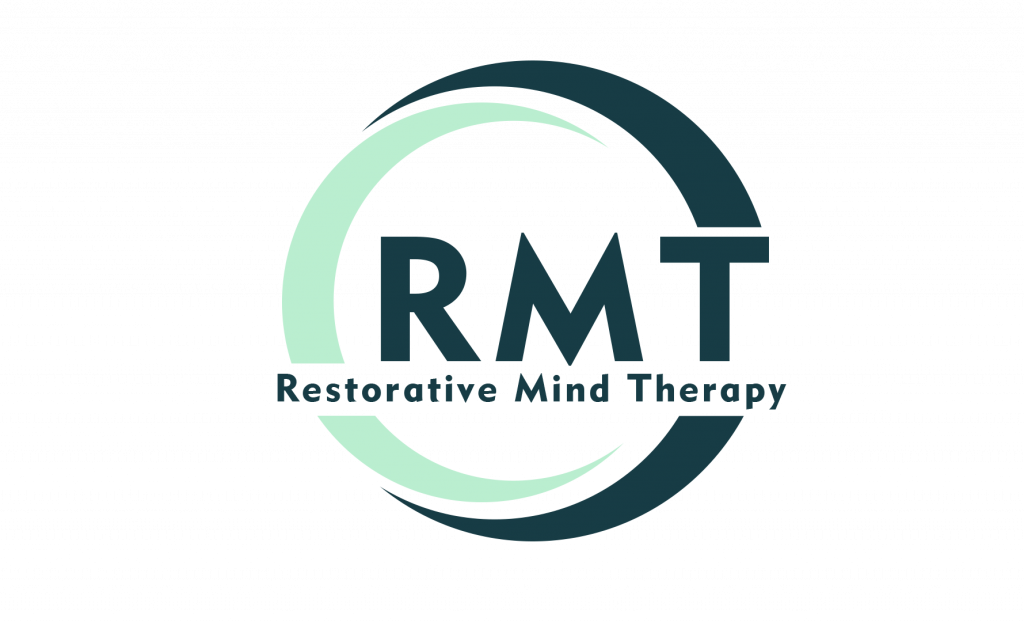Trauma can deeply affect both the mind and body, often manifesting in ways that feel overwhelming. Understanding the impact of trauma and how to approach healing can be life-changing.
Understanding Trauma’s Impact
Research from the National Institute of Mental Health shows that trauma affects brain areas involved in memory and stress response. Trauma expert Dr. Bessel van der Kolk, author of The Body Keeps the Score, explains, “Trauma is stored in both the mind and the body, which is why symptoms often persist without treatment.”
Types of Trauma and Responses
Trauma varies widely and includes experiences such as abuse, accidents, or sudden loss. Traumatologist Dr. Janina Fisher explains that “our responses to trauma are survival mechanisms and should be acknowledged without shame.” These can include flashbacks, emotional numbness, and hypervigilance.
Therapeutic Techniques for Healing
Healing from trauma often involves therapies such as:
Cognitive Behavioral Therapy (CBT) – Helps individuals reframe their thought patterns.
Trauma-Informed Therapy – Uses techniques specifically tailored to support trauma survivors.
Eye Movement Desensitization and Reprocessing (EMDR) – A specialized therapy effective in processing traumatic memories.
Building Resilience and Support Systems
Recovery from trauma is often supported by strong social connections. Friends, family, or support groups provide empathy and validation. In therapy, mental health professionals assist in safely processing trauma, ultimately helping individuals regain a sense of control.
Conclusion
Trauma recovery is a gradual process that requires patience and support. By seeking professional help, practicing self-care, and leaning on support systems, individuals can embark on a journey toward healing and resilience.




